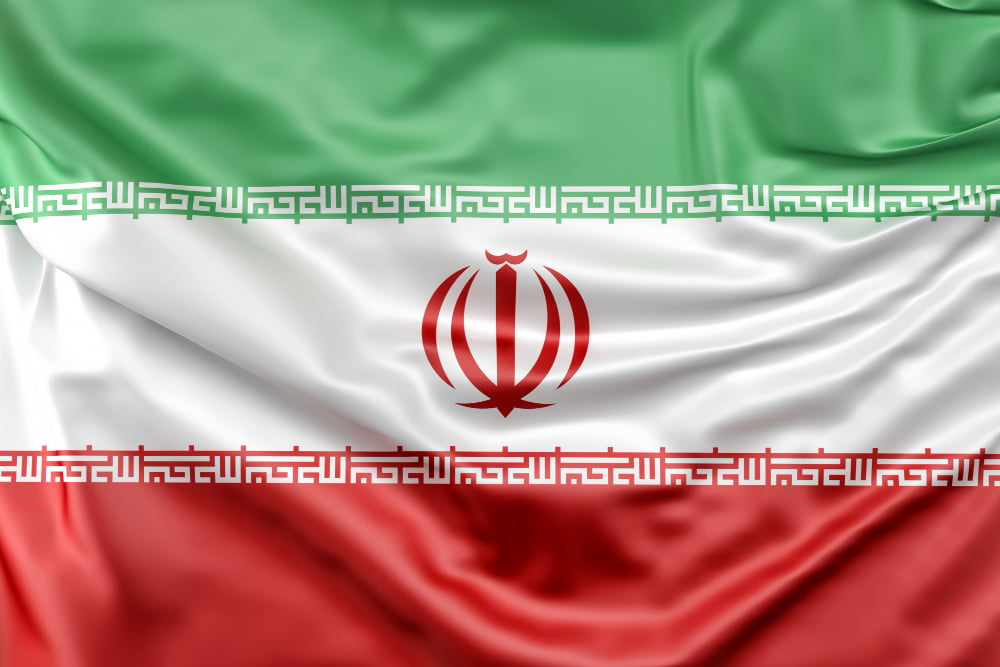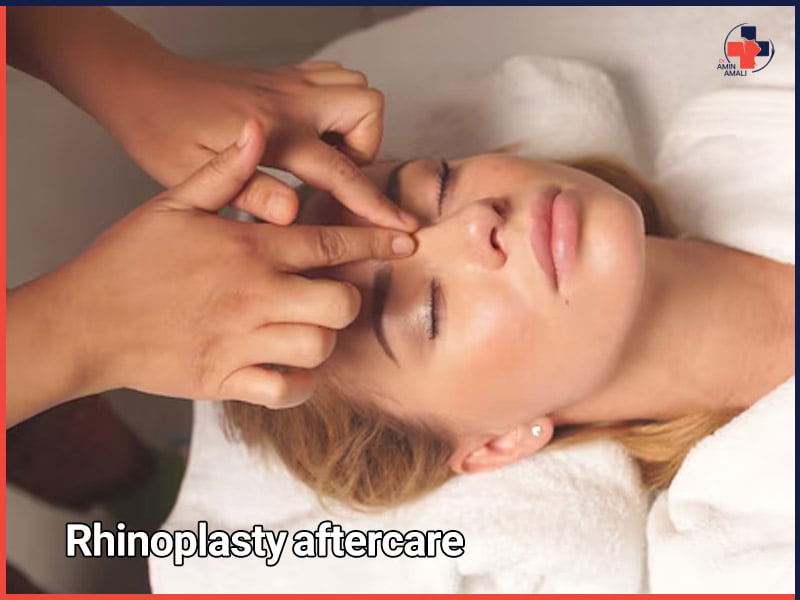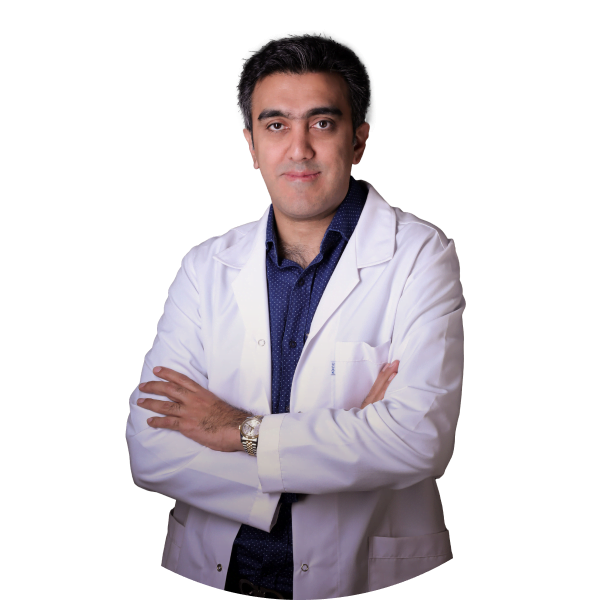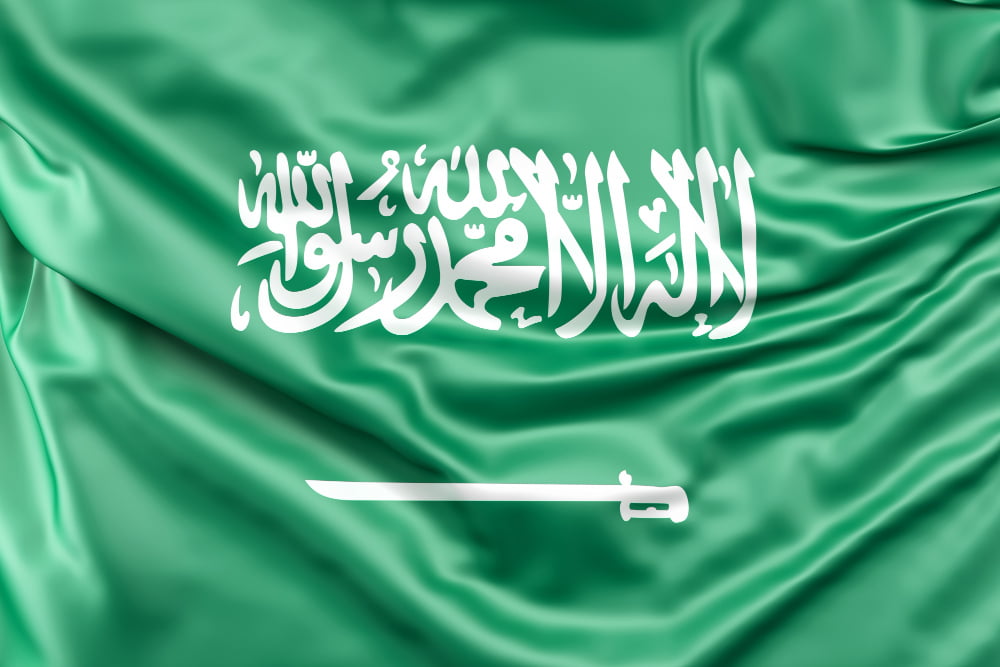Rhinoplasty , commonly known as a nose job, is a surgical procedure that is performed to reshape the nose. It is a popular cosmetic surgery that can improve the appearance of the nose, correct breathing problems, and address other functional issues. While the surgery itself is important, the aftercare is equally crucial for a successful outcome. In this article, we will discuss the Rhinoplasty aftercare with the help of the best nose surgeon in IRAN , Tehran Dr. Amin Amali that patients should follow to ensure a smooth recovery.
Follow the surgeon’s instructions for rhinoplasty aftercare
After the surgery, your rhinoplasty surgeon will provide you with specific instructions on how to care for your nose. It is important to follow these instructions carefully to ensure a smooth recovery. These instructions may include :
- How to clean your nose
- How to change your dressings
- How to take your medication
- How to manage pain and swelling
- When to return for a follow-up appointment
It is important to ask any questions you may have about the instructions to ensure that you understand them fully.
Rest and avoid strenuous activities
After the surgeryin rhinoplasty aftercare part , it is important to rest and avoid any strenuous activities for at least two weeks. This includes any activities that may increase your heart rate or blood pressure, such as exercise, lifting heavy objects, or bending over. It is important to avoid any activities that may cause trauma to your nose, as this can delay the healing process :
- Elevate your head : Elevating your head while sleeping can help reduce swelling and promote healing. It is recommended to sleep with your head elevated for the first two weeks after surgery. You can do this by using extra pillows or by sleeping in a recliner.
- Apply cold compresses : Applying cold compresses to your nose can help reduce swelling and discomfort. You can use a cold compress or ice pack wrapped in a towel and apply it to your nose for 15-20 minutes at a time, several times a day. It is important to avoid applying the compress directly to your skin, as this can cause skin damage.
- Avoid blowing your nose : After the surgeryin rhinoplasty aftercare period , it is important to avoid blowing your nose for at least two weeks. Blowing your nose can cause trauma to your nose and delay the healing process. If you need to sneeze, it is recommended to sneeze with your mouth open to avoid putting pressure on your nose.
- Avoid smoking and alcohol : Smoking and alcohol can interfere with the healing process and increase the risk of rhinoplasty complications . It is recommended to avoid smoking and alcohol for at least two weeks after surgery.
- Wear sunscreen : After the surgery, it is important to protect your nose from the sun. Sun exposure can cause discoloration and damage to the skin. It is recommended to wear sunscreen with an SPF of at least 30 and to avoid direct sunlight for at least six months after surgery.
- Be patient : The healing process after rhinoplasty can take several weeks or even months. It is important to be patient and not rush the healing process. It is normal to experience swelling, bruising, and discomfort during the first few weeks after surgery. It is important to follow the aftercare instructions provided by your surgeon and to attend all follow-up appointments.
Watch for signs of complications in rhinoplasty aftercare period
While complications after rhinoplasty are rare, it is important to watch for signs of complications. These may include :
- Excessive bleeding
- Severe pain
- Fever
- Difficulty breathing
- Changes in vision or hearing
- If you experience any of these symptoms, it is important to contact your surgeon immediately.
In conclusion, rhinoplasty aftercare is an important part of the recovery process. Following the instructions provided by your surgeon, resting, and avoiding strenuous activities can help promote healing and reduce the risk of complications. It is important to be patient and not rush the healing process, as it can take several weeks or even months. By following these aftercare tips, you can ensure a smooth recovery and achieve the best possible outcome from your rhinoplasty surgery.
Best nutrition for rhinoplasty aftercare
Proper nutrition is essential for a healthy recovery after rhinoplasty surgery. A balanced diet can help promote healing, reduce inflammation, and boost the immune system. Here are some of the best foods to eat during rhinoplasty aftercare :
- Protein-rich foods Protein is essential for tissue repair and healing. After surgery, it is important to consume adequate amounts of protein to promote healing and prevent muscle loss. Good sources of protein include lean meats, fish, poultry, eggs, beans, and lentils.
- Fruits and vegetables Fruits and vegetables are rich in vitamins, minerals, and antioxidants that can help reduce inflammation and promote healing. They also contain fiber, which can help prevent constipation, a common side effect of pain medication. Good sources of fruits and vegetables include leafy greens, berries, citrus fruits, tomatoes, and bell peppers.
- Whole grains Whole grains are a good source of fiber, which can help promote regular bowel movements and prevent constipation. They also contain vitamins and minerals that can help support the immune system. Good sources of whole grains include brown rice, quinoa, whole wheat bread, and oatmeal.
- Healthy fats, such as those found in nuts, seeds, and fatty fish, can help reduce inflammation and promote healing. They also provide energy and can help keep you feeling full and satisfied. Good sources of healthy fats include salmon, avocado, nuts, and seeds.
- drink Water , Staying hydrated in rhinopasty aftercare duration is important for a healthy recovery after surgery. Drinking plenty of water can help prevent dehydration, which can cause fatigue, headaches, and constipation. It can also help flush out toxins and promote healing. Aim to drink at least 8-10 glasses of water per day.
What to avoid
In addition to eating a balanced diet, it is important to avoid certain foods and beverages during rhinoplasty aftercare. These include :
- Alcohol Alcohol can interfere with the healing process and increase the risk of complications. It can also cause dehydration, which can delay healing and cause discomfort.
- Caffeine Caffeine can cause dehydration and interfere with sleep, which is important for a healthy recovery. It can also increase blood pressure and heart rate, which can cause discomfort and delay healing.
- Spicy foods Spicy foods can cause inflammation and irritation, which can delay healing and cause discomfort. They can also cause acid reflux, which can be uncomfortable after surgery.
- Processed foods Processed foods are often high in sodium, which can cause swelling and fluid retention. They can also be low in nutrients and contribute to inflammation.
In conclusion, a balanced diet that includes protein-rich foods, fruits and vegetables, whole grains, healthy fats, and plenty of water is essential for a healthy recovery after rhinoplasty surgery. It is also important to avoid alcohol, caffeine, spicy foods, and processed foods, which can interfere with healing and cause discomfort. By following these nutrition tips, you can promote healing and achieve the best rhinoplasty aftercare and greatest possible outcome from your rhinoplasty surgery.













